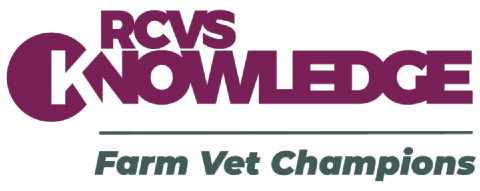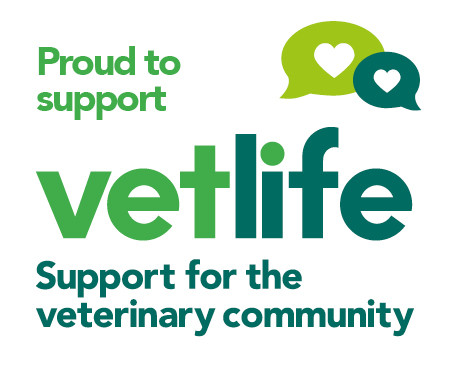Following an inquiry about the closure of significant numbers of small red meat abattoirs, the All-Party Parliamentary Group for Animal Welfare (APGAW) has published a 51-page review, offering a series of recommendations.
BCVA broadly welcomes the report, which recognises that the decline in small abattoirs has had a negative overarching impact on animal welfare and on sustainability, as “food -miles" from “farm to fork” have increased.
Data shows that a greater range in distance for animals travelling to large abattoirs exists, with the longest journeys recorded at almost 1000 KM. Whereas a well distributed, small network of abattoirs, established in key rural areas, would meet the government’s objective to reduce travel time from point of production to point of slaughter.
One of the most notable and important aspects of the report is that it has identified that no differences existed in the welfare standards between small and large operations.
However, the key differentiating factor between them is that small abattoirs operate with high overheads and a small profit margin, making it difficult for them to run as viable businesses. Consequently, the report proposes that small abattoirs should be eligible for emergency, interim support in the short term to prevent further closures, and for the longer term, should be eligible for capital payments in any future agricultural support mechanism.
BCVA President, Nikki Hopkins says "There is a real need here, to prioritise animal welfare and public good with sustainability, over any financial interests. The government will need to think very carefully about the nation’s priorities for the future. A huge disservice was done when many local abattoirs were forced to close some years ago, and this saw large areas of rural farming communities, such as in Wales and Cornwall, without a nearby abattoir. This resulted in cattle travelling huge distances to slaughter.
“Whilst small abattoirs must operate to the same standards and regulations as their larger counterparts, we must consider how we can support these smaller operations, which are vital to local farms and local communities, providing an essential public service. We all know that it is in the best interest of cattle to travel fewer miles to slaughter, and this welfare and sustainability consideration must be our priority. This will not only benefit cattle travelling direct to slaughter, but also the removal of TB reactors off-farm, and the emergency slaughter of injured animals on farm, which then have to be transported to an abattoir within in a timely manner.”
VISIT THE AGPAW WEBSITE FOR THE FULL REPORT






